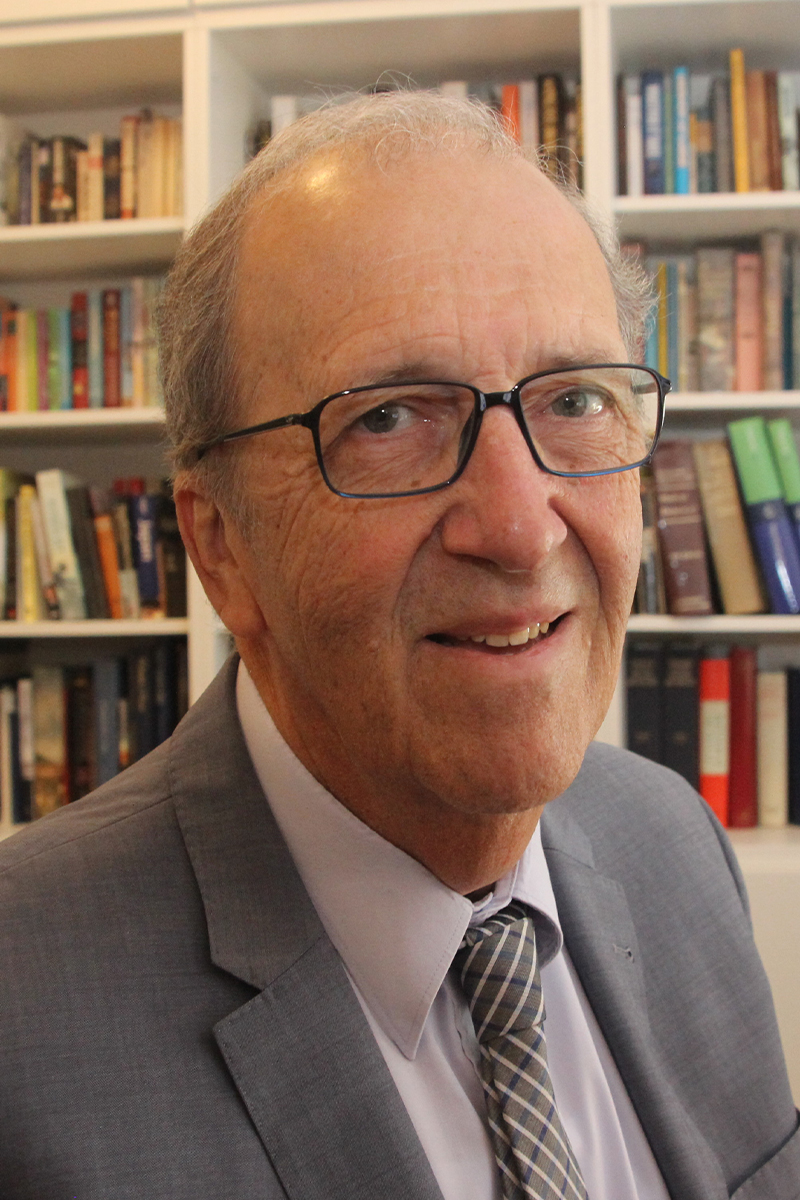Sleep experts share the foolproof way to get a good night’s sleep
The importance of sleep is often overlooked with many executives and professionals putting business and life commitments first. But skimping on precious hours of shut eye is damaging your career as well as your health.
For many of us, our lives have been turned completely upside down because of coronavirus forcing us to work in a world we never anticipated.
While about 20% of the world is experiencing some type of lockdown, the anxiety and stress surrounding the reality of the situation will undoubtedly eat away at qualitative sleep.
"Sleep problems are common in our community and greatly under-diagnosed." – David Hillman
Former Chair of the Sleep Health Foundation Professor David Hillman tells The CEO Magazine that poor sleep can lead to bad health and poor decision making, which is important during a pandemic.
"Sleep problems are common in our community and greatly under-diagnosed," he explains. "Anxiety and stress worsen sleep quality and quantity and, conversely, poor sleep aggravates anxiety – a potential vicious circle.

"Without good sleep we do not function well during the day. We are tired, irritable, impatient, make poor decisions and are less vigilant.
"Among other things, these matters adversely affect productivity and safety. Poor sleep is also bad for health with impacts on cardiovascular disease, diabetes and depression particularly."
Can sleep deprivation increase risk of illness?
Not only are adequate hours of sleep needed for day-to-day functioning, but it could also play a part in reducing your risk of contracting COVID-19.
Sleep Health Foundation spokesperson Dr Moira Junge explained that sleep-deprived people may have suppressed immune systems, potentially increasing their risk of catching viruses.
"Sleep is now well-understood to benefit immunity," she said. "An early night may be just what you need to boost your mood and immunity and help protect yourself from illness."
Properly restorative sleep also helps fight off infection as it regulates immune cells, which fight infection, therefore those who are sleep-deprived have an increased risk of contracting a virus when exposed to it.
Living through a major world event drastically increases people’s sleeping difficulties through added stress and anxiety surrounding the unknown, but does it mean those who are sleep-deprived are at greater risk of contracting COVID-19?
"Only in the sense of more risk-taking behaviour regarding precautions and social distancing because poor judgement is a feature of sleep deprivation," Professor Hillman tells The CEO Magazine.
Why is sleep important?
"Sleep is essential for wellbeing," he says. "It’s one of the three fundamental elements of a healthy lifestyle, alongside healthy eating and regular exercise.
"It’s a restorative process during which nerve circuits within the brain, which have run down with all the activity of wakefulness, recharge.
"However, parts of the brain are active during sleep, sorting out information from the day’s activities and consolidating memory. Without good sleep, we do not function well during the day."
How much sleep do you actually need?
While the average adult requires 7.5 hours of sleep a night ("with individual variation around this average"), many high-functioning adults try to get away with less.
But, in order to stay healthy and boost overall immunity, there has perhaps never been a more important time to focus on getting quality shut eye.
6 tricks for a better night’s sleep
- Plan for tomorrow
- Stick to a routine
- Better sleep means increased productivity
- Create an oasis
- Avoid late-night snacks
- Seek extra help
"It is important to try to deal with your anxieties before your planned sleep time," Professor Hillman says. "Talking these through with others helps, as does seeking professional help with your concerns where necessary.
"If needed, set aside a ‘worry time’ in the evening where you review issues from the day and work out your plan of action for them, rather than leaving this until when you hit the pillow."
"Keep regular hours of sleep and make sure you allow enough time for it," he explains. "The day-night wake-sleep body clock rhythm thrives on regularity."
"High-functioning people often try to get away with less than they need," the expert shares. "While they might still function reasonably – relative to other people – they are not at their own personal best with inadequate sleep."
"Make sure the bedroom environment is comfortable with good bedding, right temperature, sound and light exclusion and free of distractions," Professor Hillman shares.
"Eat sensibly and not too close to bedtime," he says. "Be careful about caffeine intake in the hours before bed particularly.
"Keep alcohol intake down. It may help getting to sleep, but it plays havoc with sleep thereafter."
"If you have a sleep issue you cannot solve by self-help – snoring, obstructed breathing at night, persistent inability to get to sleep or stay asleep – seek professional help," Professor Hillman says. "Also, sleeping pills are not the long-term answer – avoid these. If you have problems that you cannot solve, seek professional help. There are plenty of solutions available."